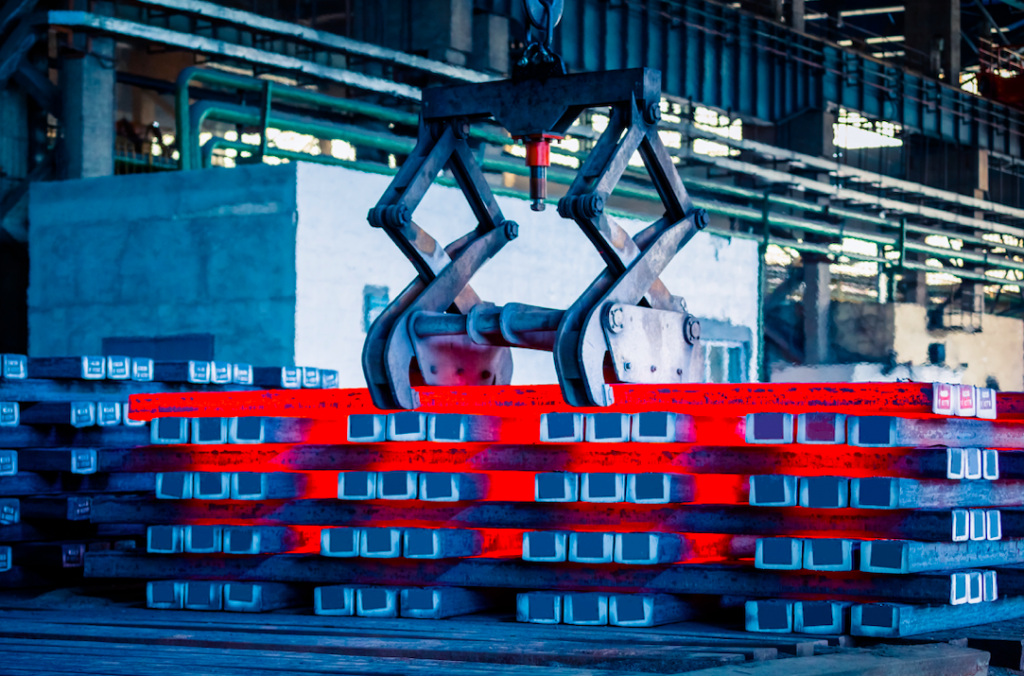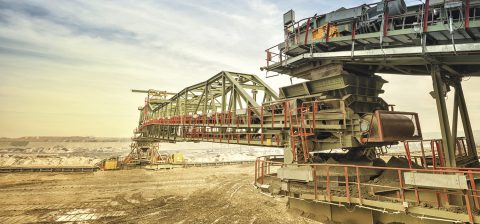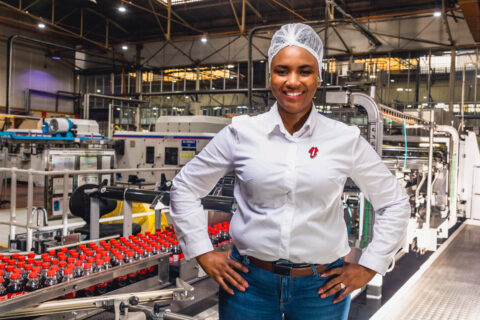BD Manufacturing
Steel Industry Battles The Odds
The outlook for South Africa’s battered steel industry remains bleak with demand expected to drop by 20 per cent in 2020 while China continues to dominate global production. During the COVID-19 pandemic, it was anticipated that demand for steel would drop drastically, resulting in a massive oversupply of steel and a severe drop in steel prices.
China’s steel industry has experienced a strong bounce-back after the initial COVID-19 shock and is on track to produce more than 1 billion tonnes in 2020 – a 3.5 per cent increase from 2019. Charles Dednam, general secretary of the South African Institute for Iron and Steel (SAISI), says that this does not bode well for the South African steel industry. “This, along with South Africa’s current unique economic situation, aggravates the disastrous situation in which the South African steel industry finds itself. In 2020, steel demand is expected to be around 3.5 million tonnes in South Africa, more than 20 per cent down from last year’s levels.”
Dependent On Infrastructure
The industry is now pinning its hopes on government’s promises to invest heavily in infrastructure projects to stimulate the economy in the wake of COVID-19. Government has announced 50 major infrastructure projects that will go out for tender soon, but Dednam says that the steel industry is sceptical about their implementation. “Steel consumption is very much linked to activity around infrastructure projects, many of which simply do not get off the ground. There are many infrastructure-related projects in municipalities that would bring much-needed steel demand and boost jobs if only the ability to execute these projects without corruption could be enhanced.”
Shattered Glass
Glass manufacturers will have to contend with an estimated decline in revenue of 15 per cent over the next 12 months, according to Consol Glass CEO Mike Arnold, who says the industry could take as long as three years to recover after the severe impact of alcohol bans during South Africa’s lockdown. With the alcoholic-beverages industry accounting for about 85 per cent of sales in the glass packaging industry, losses from the two bans totalled about R1.7-billion for glass manufacturers.
Consol Glass, which has been forced to indefinitely suspend the construction of a manufacturing plant in Nigel, is seeing a more positive trading environment in lockdown level 2, but is unsure of the long-term outlook for the industry.
“The industry is experiencing some normalisation and, of course, the supply chain has been depleted and needs refilling. The result is that we are seeing a peak in demand as we approach the end-of-year holiday period,” says Arnold. “However, the longer-term impact of the pandemic will need to be gauged before we have a clear picture of the overall financial impact. Many are predicting that COVID-19 will reshape social norms, behaviours and attitudes to some extent, and it is difficult to anticipate right now how this will affect future alcohol consumption.”
Consol estimates that glass demand could decline by 10-15 per cent from pre-COVID-19 market estimates and could take as long as two to three years to reach past demand.






 Sign-up and receive the Business Media MAGS newsletter OR SA Mining newsletter straight to your inbox.
Sign-up and receive the Business Media MAGS newsletter OR SA Mining newsletter straight to your inbox.